Book Launch: State Responsibility for Non-State Actors
Speaker(s):
Associated with:
Notes & Changes
Please note that due to the UCU strikes happening on the 24th, 25th, and 30th November, the date and time of this event has now changed.
The Bonavero Institute of Human Rights is delighted to host the launch of the book State Responsibility for Non-State Actors: Past, Present and Prospects for the Future, written by Dr Richard Mackenzie-Gray Scott.
This new work investigates how state responsibility can be determined for the wrongdoing of non-state actors. Every day, people, businesses and societies around the world pay a price arising from interactions between states and non-state actors. From insurrections that attempt to create new governments, to states arming belligerent proxies operating overseas, to companies damaging natural environments or providing suspect services, the impact of such situations are felt in numerous ways. They also raise many questions relating to responsibility. In answering these, the book provides a picture of what the law governing this area is, what it could be, and what it should be in light of past histories, present realities and future prospects.
The event will involve a discussion between panelists and a questions-and-answers session with the audience, followed by a finger buffet lunch. Discounted copies of the book will also be available for purchase on the day directly from the publishers.
Author
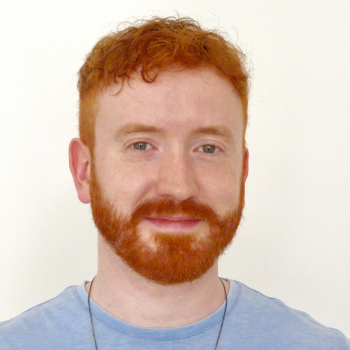
Richard Mackenzie-Gray Scott is Postdoctoral Fellow at the Bonavero Institute of Human Rights and Fellow at St Antony’s College, University of Oxford, where his research is funded by the British Academy. He previously worked at the Bingham Centre for the Rule of Law, part of the British Institute of International and Comparative Law, where he was a research fellow and a member of its equality, diversity and inclusion committee. Richard has provided evidence to the Scottish Government, the UK Government and the UK Parliament, and has worked on cases before the United Nations High Commissioner for Refugees, the International Centre for Settlement of Investment Disputes, the London Court of International Arbitration, the UK Supreme Court, and the Court of Appeal. He also served on the International Bar Association’s Human Rights Institute Task Force on Drones. He has written for Prospect Magazine and his research has been reported in the press, including newspapers such as The Herald and The Times, as well as being referred to by the International Committee of the Red Cross and the Public Administration and Constitutional Affairs Committee of the UK Parliament.
Moderator
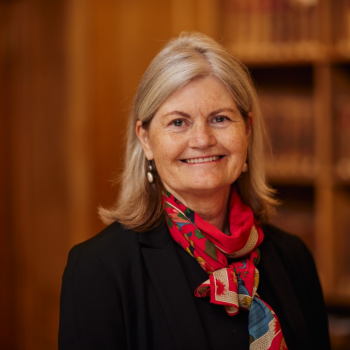
Kate O’Regan is the inaugural Director of the Bonavero Institute of Human Rights and a former judge of the South African Constitutional Court (1994–2009). In the mid-1980s she practiced as a lawyer in Johannesburg in a variety of fields, but especially labour law and land law, representing many of the emerging trade unions and their members, as well as communities threatened with eviction under apartheid land laws. In 1990, she joined the Faculty of Law at the University of Cape Town where she taught a range of courses including race, gender and the law, labour law, civil procedure and evidence. Since her fifteen-year term at the South African Constitutional Court ended in 2009, she has amongst other things served as an ad hoc judge of the Supreme Court of Namibia (2010–2016), Chairperson of the Khayelitsha Commission of Inquiry into allegations of police inefficiency and a breakdown in trust between the police and the community of Khayelitsha (2012–2014), and as a member of the boards or advisory bodies of many NGOs working in the fields of democracy, the rule of law, human rights and equality.
Panel
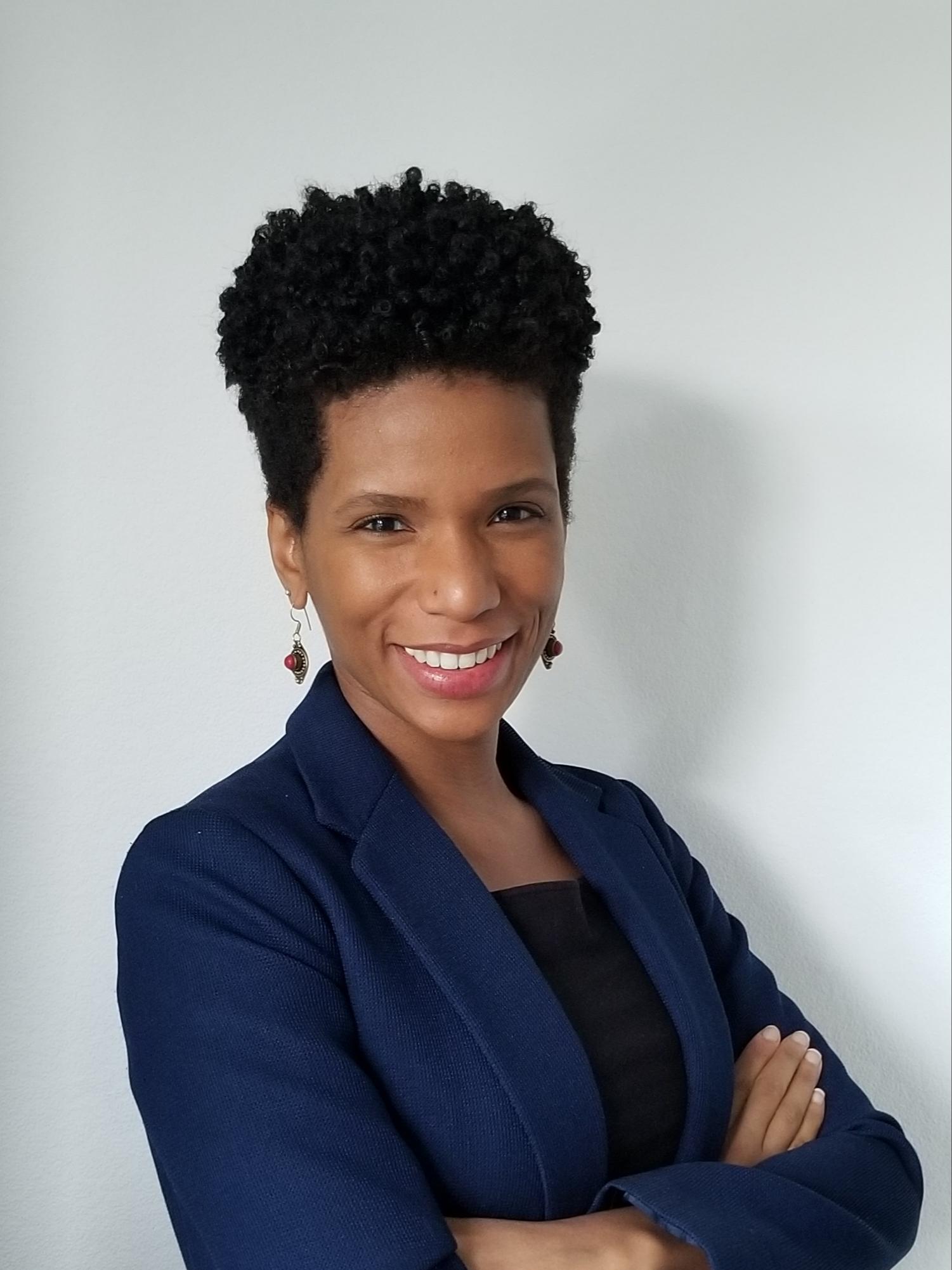
Arianne Griffith is Senior Campaigner on Corporate Accountability at Global Witness where her work focuses on ensuring accountability for adverse human rights and environmental impacts of business activity. Arianne is an attorney and prior to joining Global Witness, held research-based roles at the University of Nottingham and the British Institute of International and Comparative Law. She has published in the areas of public international law and business and human rights. Arianne holds a Master of Laws degree in International Law from University College London and completed her undergraduate law studies at the University of the West Indies.
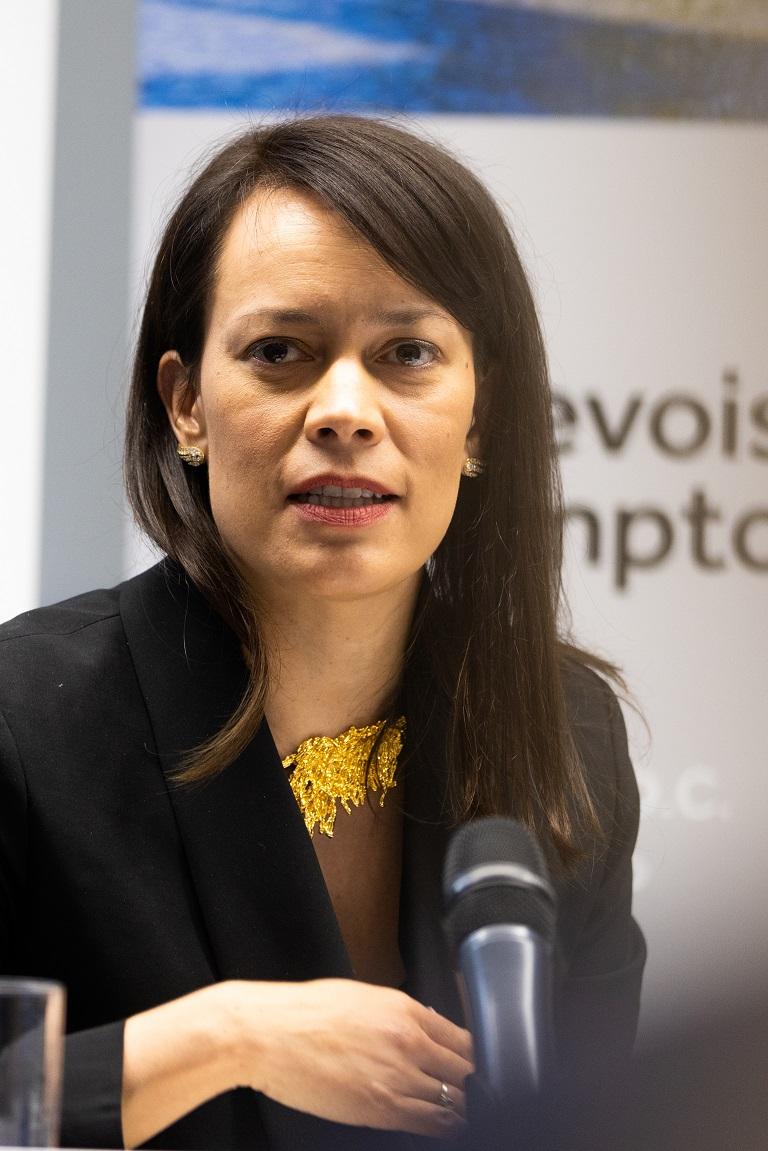
Philippa Webb is Professor of Public International Law at King’s College London and a barrister at Twenty Essex. She is an Academic Visitor at the Faculty of Law of the University of Oxford during Michaelmas term. Philippa served as the Special Assistant and Legal Officer to Judge Rosalyn Higgins GBE QC during her Presidency of the International Court of Justice and held positions in the International Criminal Court and United Nations Headquarters. Her publications include: The Right to a Fair Trial in International Law (2020, with Amal Clooney) with the accompanying travaux préparatoires to Article 14 of the International Covenant on Civil and Political Rights (2021), Oppenheim’s International Law: United Nations (2017, with Rosalyn Higgins, Dapo Akande, Sandesh Sivakumaran, and James Sloan), The Law of State Immunity (2015, with Lady Hazel Fox QC) and International Judicial Integration and Fragmentation (2015). Her work has been cited by the leading national courts in the United Kingdom, Canada, Germany and South Africa and has twice been awarded the American Society of International Law’s Certificate of Merit. Philippa is on the board of the Clooney Foundation for Justice and serves on the editorial boards of the International & Comparative Law Quarterly, the Leiden Journal of International Law, the Journal of International Criminal Justice and the Oxford University Undergraduate Law Journal.
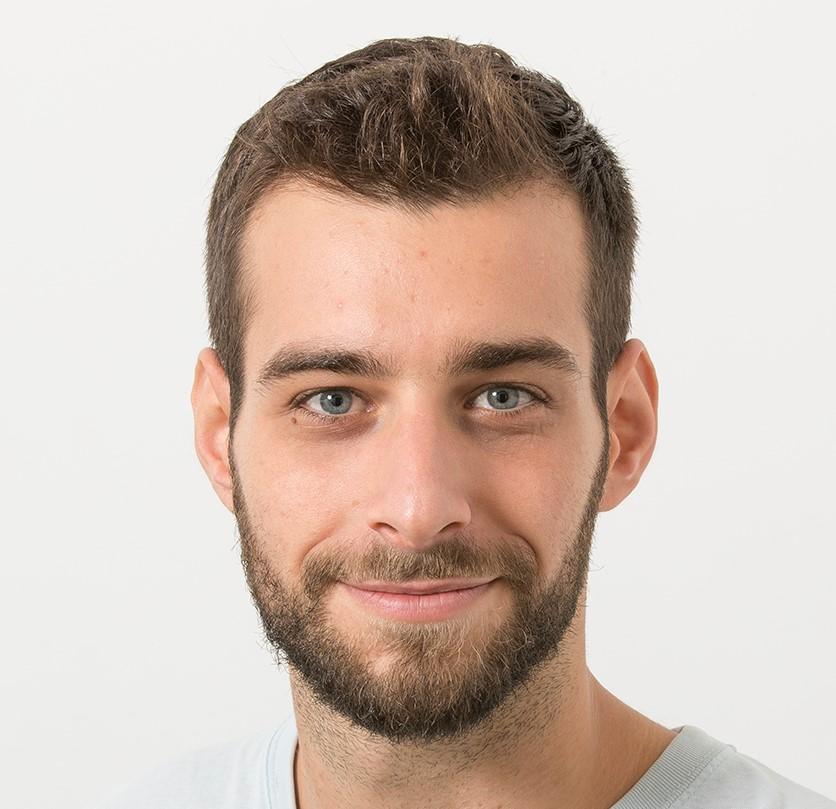
Niko Pavlopoulos is Associate Legal Officer at the International Court of Justice. He completed his PhD on The Identity of Governments in International Law at University College London (UCL) under the supervision of Professor Roger O’Keefe and Professor Alex Mills, with funding from the Economic and Social Research Council and UCL Laws. He holds an LLM in International Law from UCL and an LLB (Law with European Legal Studies) from the University of Southampton. Before joining the Court, Niko was a Teaching Fellow at UCL and Durham University. Niko has been a research assistant to academics and practitioners and has undertaken work for the British Institute of International and Comparative Law, the International Bar Association’s Human Rights Institute, and Media Defence.
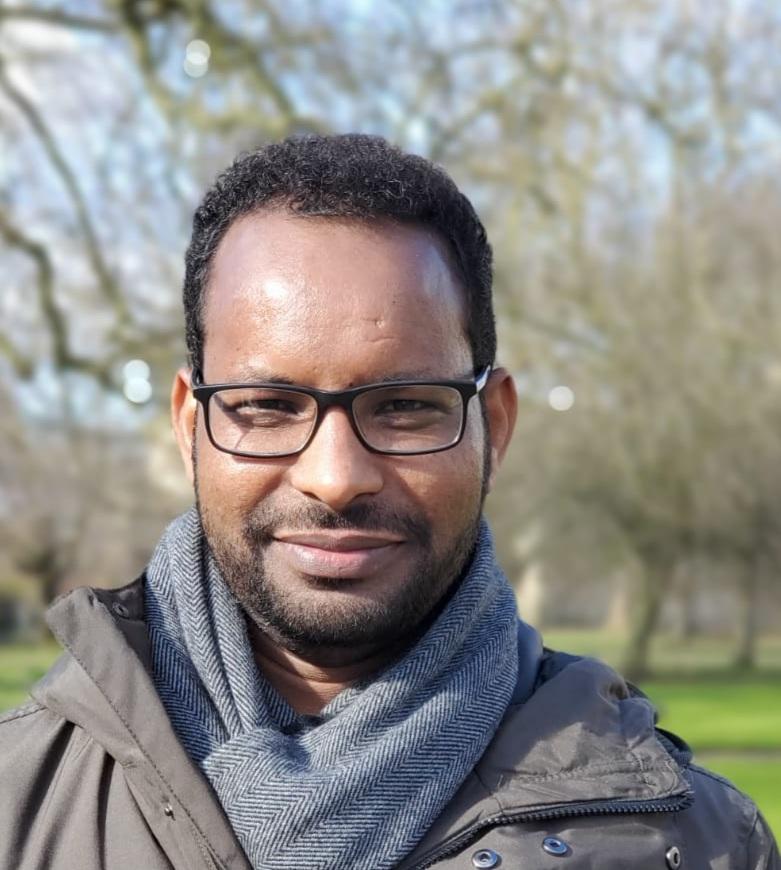
Halefom Abraha is Postdoctoral Researcher at the Bonavero Institute of Human Rights and St Antony's College, University of Oxford, working on the project ‘iMANAGE - Rethinking Employment Law for a World of Algorithmic Management’. His research focuses on the impact of artificial intelligence on privacy and data protection. His research has been published in leading international journals, and he completed a Ph.D. in cross-border data access at the University of Malta, for which he won the Dean’s award for Academic Excellence.


 Add to calendar
Add to calendar


